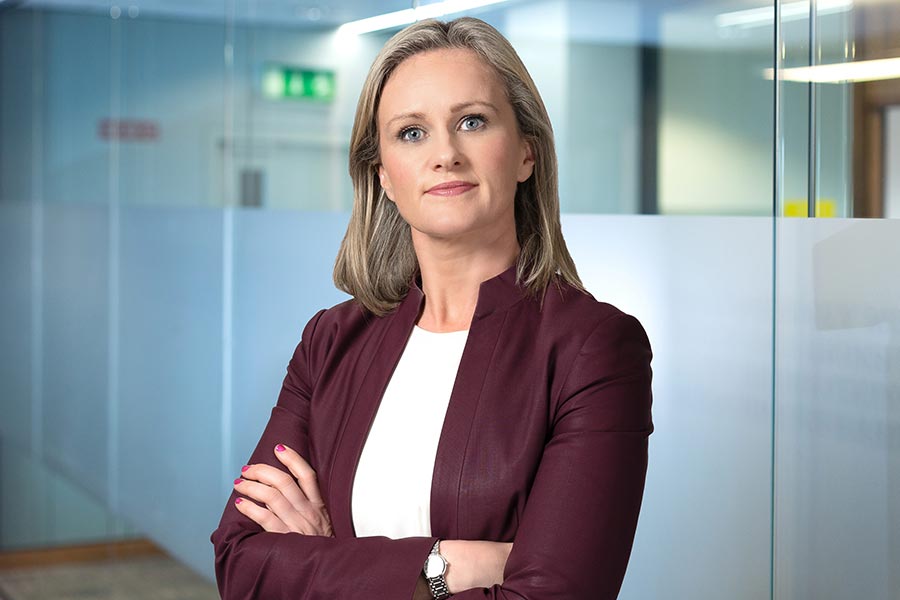Restucturing and Insolvency: Ireland's leading practitioners give their insights on the current trends and analyse the business outlook.
For some entrepreneurs in Ireland, there may be a perceived stigma about formal restructuring or insolvency procedures, unlike the culture in the US.
With SMEs in particular, there is also a worry about triggering an adverse financial impact on ownerdirectors, whether that relates to guarantees given to lenders or personal taxation consequences.
So says Barry Cahir, partner and head of corporate restructuring and insolvency at Beauchamps LLP, who has been practising in this area for almost 25 years.
During that time, he has been chairman of Restructuring and Insolvency Ireland, the trade organisation for Irish restructuring professionals, and president of INSOL Europe, which has a membership of 1,300 insolvency professionals across the continent.
He also undertook a course of study to become a fellow of INSOL International, a worldwide federation of national associations and 12,000 accountants and lawyers who specialise in restructuring and insolvency.
“If I can share one thing that I have learned over the years, it is that early intervention is key,” he says.
“Early intervention, underpinned by a clear understanding of the restructuring options available, can be critical.
“Recognising and exploring these options before a crisis becomes irreversible gives businesses the best chance to recover, realign and ultimately thrive in a supportive economic landscape.”
Ireland has a well-evolved legal system, particularly in terms of restructuring and insolvency options, in Cahir’s view.
“In 2008 this made it easier for investors to assess risk and realise value from distressed assets compared to some other European markets,” he says.
“This environment has since been enhanced, both by the positive impact of the Companies Act 2014 [which modernised and codified many aspects of corporate restructuring], and since then by further refinements, including the introduction of the Small Company Administrative Rescue Process [Scarp].”
Scarp is broadly speaking an effective, but underutilised, tool, Cahir adds.
“The impact of Revenue warehousing, combined with Revenue’s statutory entitlement to opt out of the process means that, as it stands, the success or failure of the Scarp may turn on that one creditor’s position.
“In our experience, the most efficient assessment can be achieved by the SME authorising the restructuring advisor, very early on, to engage directly with Revenue on behalf of the company.”
While the majority of insolvencies over the past year in Ireland have been in hospitality and small businesses in that sector, Beauchamps has noticed an uptick in fraud detection and investigation and asset-recovery cases.

“Insolvency can have various causes beyond financial, liquidity or trading issues. SMEs are increasingly burdened by fraudulent activity,” Cahir says.
“Building in resilience around that is becoming increasingly important as part of the advisory landscape. We anticipate further growth in this space.”










